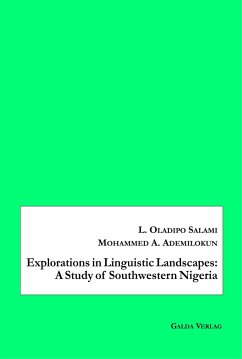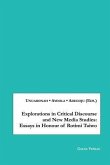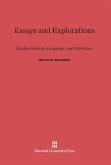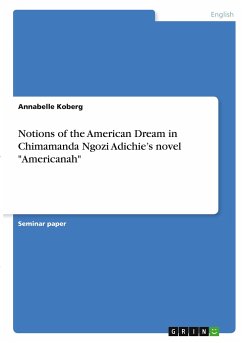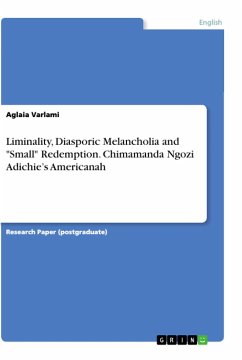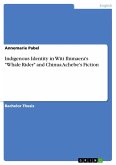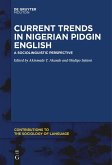Since the term "linguistic landscapes" appeared in the late 1990s, especially in the work of Landry and Bourhis (1997), the attention of linguists has been drawn to the immense opportunities images and signs in general in public spaces have for learning about the language situation of the society in which such signs are placed. Scholars have found the idea exciting that the regular, inviting and attractive commercial and non-commercial signs meant to serve different utilitarian purposes (advertising, directing, warning, etc.) can indeed help with the planning of languages in the society. By providing information about language use, language vitality, language dominance and identity and the current linguistic practices in the society, among many others, linguistic landscapes have been found to be a tremendous data repository for solving real life problems and challenges that border on language.However, despite the surge of interest in linguistic landscapes, the bulk of research inthe area has been from the global north.
Hinweis: Dieser Artikel kann nur an eine deutsche Lieferadresse ausgeliefert werden.
Hinweis: Dieser Artikel kann nur an eine deutsche Lieferadresse ausgeliefert werden.

